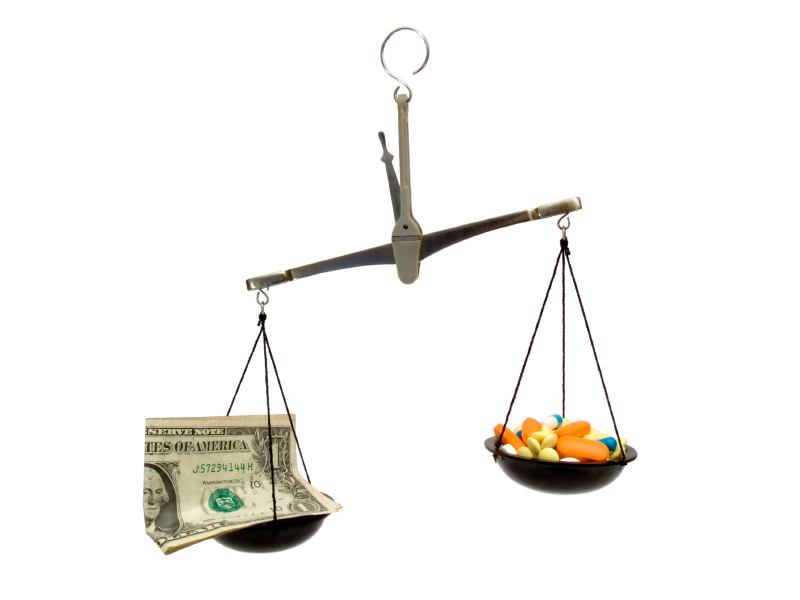
If you’re considering a career in pharmaceutical science, you may be motivated by a desire to help others heal. You may see how central medications are to the health of members of your community, and understand how, worldwide, quality of life is closely tied to access to pharmaceuticals.
Vulnerable members of your community need skilled professionals to connect them with the medications that help them live life to the fullest—and in many cases, simply to live. But what happens when the prices for pharmaceuticals put them beyond the reach of those who need them most?
That’s the question facing today’s leaders in the Canadian pharmaceutical industry as they battle American company Alexion to lower the price of its life-saving, $700,000-per-year Soliris drug.
A Risky Precedent: Pharmaceutical Sciences at the Supreme Court
Canada’s attempts to regulate Soliris’ price through the nation’s Patented Medicine Prices Review Board has sparked a federal lawsuit from Alexion, which claims the Board has no right to alter its product’s prices.
Amir Attaran, a University of Ottawa professor specializing in health law, says he was “shocked” to hear that Alexion would challenge Canada’s authority to regulate the prices of medication needed by its own citizens.
He says if the Board’s actions are ruled unlawful, this could mark “the single greatest threat to pricing of drugs in Canada ever.” It would open doors for other pharmaceutical companies to charge sky-high prices without interference or regulation.
Pricing ‘The World’s Most Expensive Medication’
Patients treated with Soliris remain on the medication for life, at $700,000 per year. It’s not a cure, but it’s the only medication available for mitigating the symptoms and halting the progress of two rare blood diseases: paroxysmal nocturnal hemoglobinuria and atypical haemolytic uremic syndrome.
These diseases attack and destroy a body’s red blood cells, causing anemia, organ failure and ultimately death. Soliris was crafted to stop the attack on the body’s tissue and organs, helping affected patients live longer and more comfortably.

As it stands, Soliris treatments cost the Canadian healthcare system millions of dollars per year.
But the drug’s more than half-a-million dollar price tag isn’t reflective of its development and production costs. Canadian pharmaceutical scientist Sachdev Sidhu says most of Soliris’ research and development was done by university researchers in pharmaceutical courses working in labs supported by public funds.
“Public resources went into understanding the molecular basis of the disease, public resources went into the technology to make antibodies,” Sidhu explains. He and his peers say Alexion simply turned the research into a commercial success, charging prices completely non-reflective of the drug’s development and manufacturing costs.
“We know roughly what that costs, and it’s far, far, far less than the cost of the drug,” he said. “It probably costs less than 1 per cent of the price of the drug to make the drug, so there’s a lot of wiggle room.”
Should We Keep Pharmaceutical Sciences Accessible?
The pharmaceutical sciences are uniquely positioned to provide ethical services on the commercial market. When drugs save lives, it can be difficult determining how much they should cost each patient.
Canadians have long trusted the Patented Medicine Review Board as Canada’s pharmaceutical industry watchdog, but this lawsuit may repeal its power to keep drugs affordable and accessible. Put simply, the ruling could have the power to force Canada into an American-style uncontrolled pricing system, affecting the wallets of almost every Canadian who takes a patented prescription medication.

Pharmacy techs learn how to give patients safe, fair treatments that fulfill trusted prescriptions.
Do you believe medicine prices should be monitored by the Canadian government? Or do you agree that Alexion has the right to set its own prices for its life-saving products?
Join the conversation, and begin your own meaningful career in pharmaceutical school.
Visit AAPS for more information or to speak with an advisor today.



